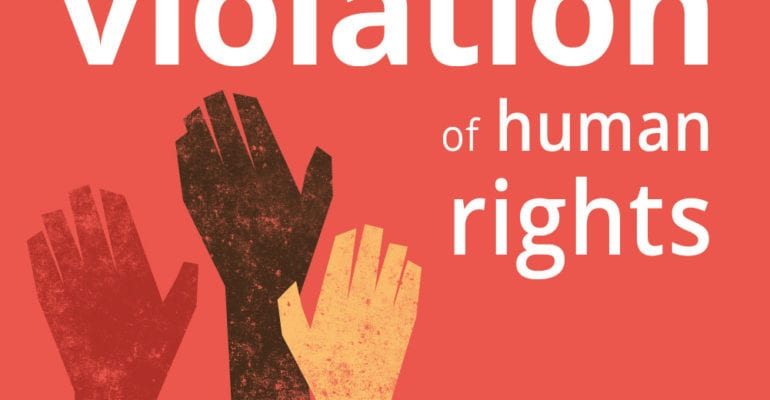THE HUMAN RIGHTS COUNCIL ADOPTS PIVOTAL RESOLUTION ON THE ELIMINATION OF FEMALE GENITAL MUTILATION
The draft resolution A/HRC/L.20 on the elimination of female genital mutilation (FGM) was recently adopted by the Human Rights Council in its 44th Session.
This comes as a pleasant news for FGM survivors, anti-FGM activists and all persons who want this harmful practice to end, as well as for everyone at Soroptimist International, since FGM is one of the themes of the SI President’s Appeal for 2019-21: The Road to Equality. The Soroptimist Six Project launched late last year by Soroptimist International, in partnership with Global Media Campaign to End FGM, and through this campaign SI funds six activists empowering them to carry on their anti-FGM campaigns on the ground in different African countries. This resolution, therefore, further galvanises our mission.
Since FGM is mostly carried out domestically, within the precincts of home, instances of this act have been exacerbated due to the pandemic. With schools and public places closed, girls and women are being forced to stay at home responding to lockdowns and curfews, which has additionally made it difficult to access health care services and effective law enforcement.
In this context, the aforementioned resolution is a welcome move. The resolution was presented by the African Group and co-sponsored by the European Union, and supported by over 100 UN Member States. It is an update on resolution A/HRC/RES/38/6, which was adopted in 2018.
Themed around prevention, multi-sectoriality and global response, the resolution inter alia expresses deep concern over the lack of adequate and effective measures for punishing perpetrators and providing health and other support to victims and survivors of FGM, despite increased national, regional and international efforts to end this practice. It also expresses concern over the diversion of national, regional and international efforts away from FGM due to the Covid-19 pandemic, which could cause potential delay in the implementation of programmes and 2 million additional cases, that could have been averted by 2030. It reaffirms FGM as a violation of international human rights law and as a form of violence against women and girls.
Notably, it brings key additions that will strengthen advocacy in the prevention and response to female genital mutilation:
- The resolution frames FGM as a national development, public health, and human rights priority underpinned by state obligations under international human rights law;
- The resolution calls States to go beyond legal protection by promoting a comprehensive, rights-based, and gender-responsive multi-sectoral response;
- The resolution calls States to set up national coordination mechanisms, national strategies, and plans that are budgeted and funded to ensure better accountability;
- The resolution recognises the impact of COVID-19 on FGM prevention programmes and calls upon States to prioritise FGM in their COVID-19 response;
- The resolution further calls for the integration of FGM care in Universal Health Coverage (UHC) and humanitarian preparedness and response, making explicit reference to the nexus;
- The resolution calls for strengthening the capacity of national human rights institutions to investigate violations related to the practice of FGM and to monitor progress;
- The resolution then asks for a high-level panel at the 47th session of the Human Rights Council to discuss good practices in the prevention, global, and multi-sectoral response to FGM.

